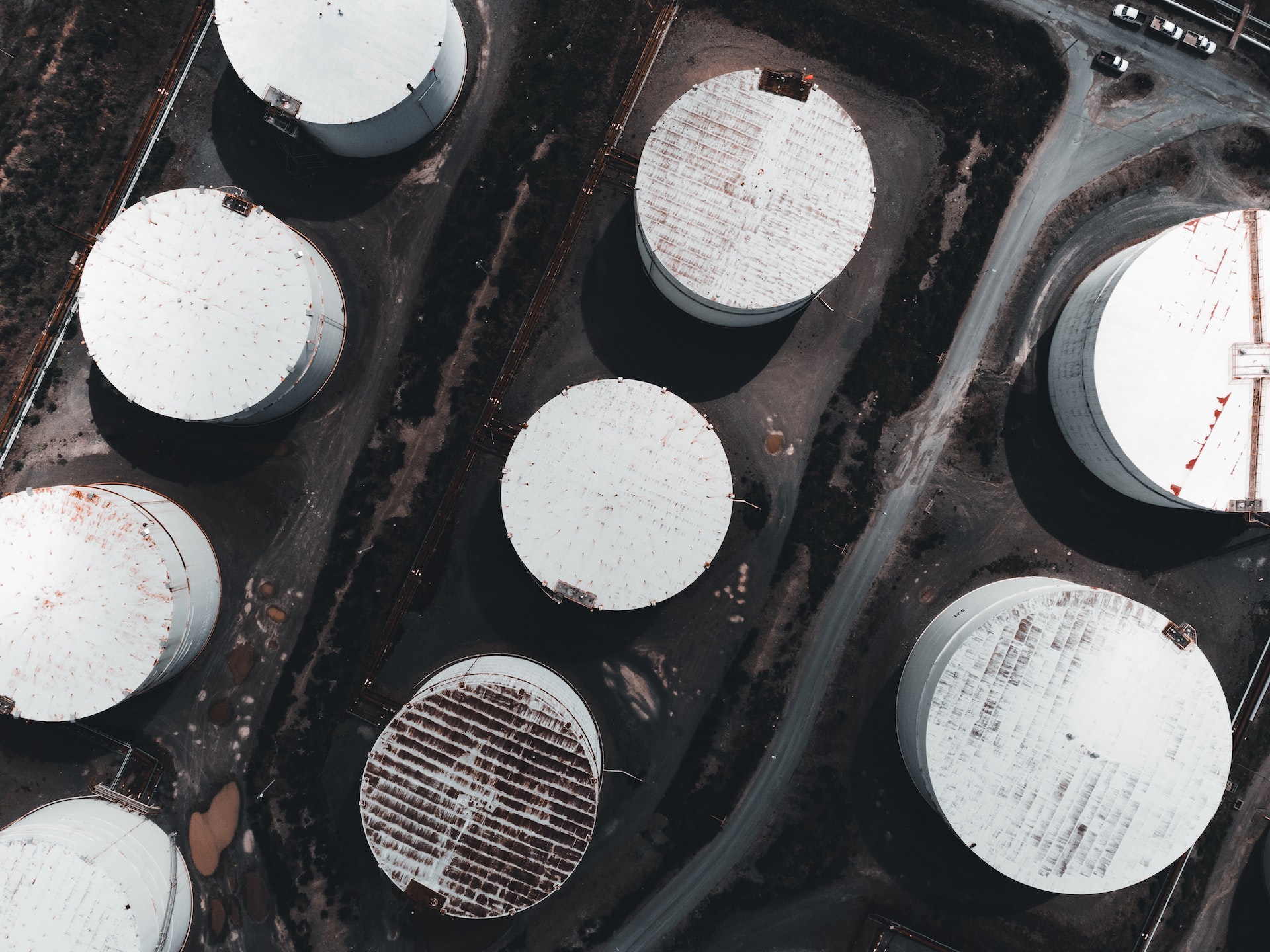
Storage Tank Inspection
Welcome to [NDT Inspection Portal]’s storage tank inspection group, a place for professionals to... View more
List of codes and standards for Storage tank inspection
List of codes and standards for Storage tank inspection
There are many different codes and standards that apply to the inspection of storage tanks. Some of the most common codes and standards include:
API 653: This code, published by the American Petroleum Institute (API), provides guidelines for the inspection, repair, alteration, and reconstruction of steel storage tanks. It covers tanks that are used in the petroleum and chemical industries and are designed to operate at atmospheric pressure or at pressure not exceeding 2.5 psig.
ASME VIII Division 1: This code, published by the American Society of Mechanical Engineers (ASME), provides rules for the design, construction, and inspection of pressure vessels, including storage tanks. It covers tanks that are designed to operate at internal pressures not exceeding 15 psig.
API 570: This code, published by the American Petroleum Institute (API), provides guidelines for the inspection, repair, and alteration of in-service piping systems in the petroleum and chemical industries. It applies to storage tanks that are equipped with piping systems and are designed to operate at atmospheric pressure or at pressure not exceeding 15 psig.
NFPA 30: This code, published by the National Fire Protection Association (NFPA), provides guidelines for the storage and handling of flammable and combustible liquids. It covers storage tanks that are used to store these liquids and applies to tanks that are designed to operate at atmospheric pressure or at pressure not exceeding 2.5 psig.
AWWA D100: This code, published by the American Water Works Association (AWWA), provides guidelines for the design, construction, and inspection of welded steel water storage tanks. It applies to tanks that are used to store drinking water and are designed to operate at atmospheric pressure or at pressure not exceeding 2.5 psig.
Sorry, there were no replies found.
Log in to reply.